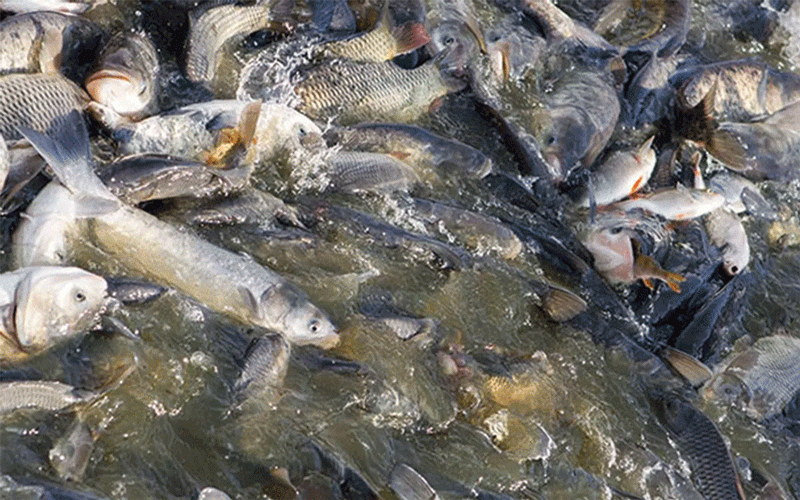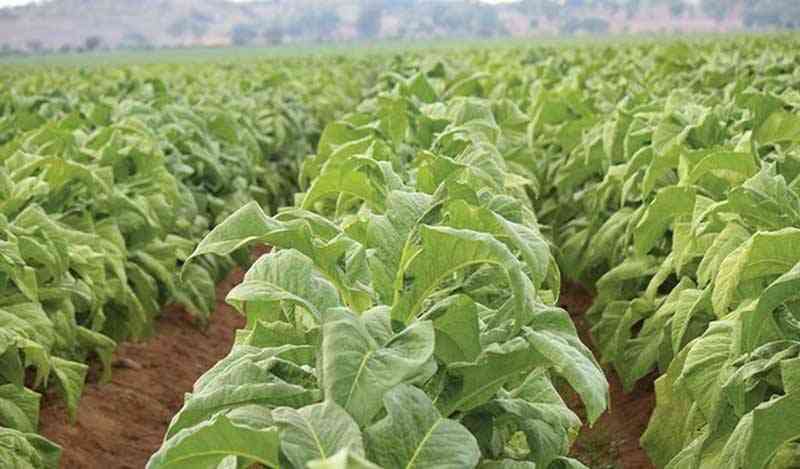
LANDS, Agriculture, Fisheries, Water and Rural Development ministry’s fisheries and aquaculture resources production director Milton Makumbe says government is cobbling up a credit facility to finance the aquaculture sector amid a decline in production.
This comes as the sector is facing a deficit of over 75%.
The main challenges stunting the growth of the fishing sector include but are not limited to the absence of an enabling legal framework, poor seed quality, poor production technologies and poor marketing.
Others include the slow uptake and adoption of sustainable community-based aquaculture initiatives and climate change-induced water shortages strategies.
Once among Africa’s top three fish producers, Zimbabwe's fish production has dipped to 15 000 metric tonnes (MT) from a peak of 60 000MT.
In an interview with NewsDay Farming, Mukumbe said the sector plans to adopt financing strategies akin to those used by blueberry farmers to increase production.
“When you look at blueberry credit facilities, we are trying to do something similar to that in the fish farming industry. If you look at the blueberry industry, it has grown up over the period of two years and this is what we are trying to emulate in the fish farming industry,” he said.
“Finance is one of the strategies that we are trying to put in place to get more people on board so that we can have a form of credit facility that is more appetising and lure more farmers to fish farming. But, at the moment, just like any other venture, most of these projects lack credit facilities.
- Govt director reveals bottlenecks in fishing sector
- Govt seeks credit facilities for fish farmers
Keep Reading
“Fish farming has a different scenario as it might take a bit longer, between six to nine months, farmers should have at least something they look at while waiting for the production to happen.”
Zimbabwe has a deficit of about 45 000MT, despite demand remaining at 60 000MT, NewsDay Farming understands.
The deficit has prompted the illegal importation of fish into the market, which brings with it potential health risks.
Makumbe said lack of funding had hugely affected the sector as many farmers were now failing to produce fish because they cannot afford the feed and other inputs needed.
“Seventy percent of costs are allocated to feed acquisition. Excessive costs of quality feed are a recurring challenge in aquaculture enterprises reiterating non-profitability,” he said.
“Lack of funding is a challenge and we are trying to make our farmers get new funding so that they can find some form of credit facilities.”
The ministry is working to secure new funding sources and improve access to credit facilities for farmers.
Additionally, they are enhancing training for fish farmers by increasing the number of external trainers to better equip them with the knowledge needed to boost production.
Regarding fish imports, Makumbe acknowledged the negative impact on the industry but indicated that they had issued permits to certain stakeholders to help meet market demand.
“We are collaborating with industry stakeholders to devise strategies for sufficient local production,” he said.
“We are opposed to illegal fish importation and I believe the upcoming legislation will provide guidance and help address the challenges we are currently facing.”










